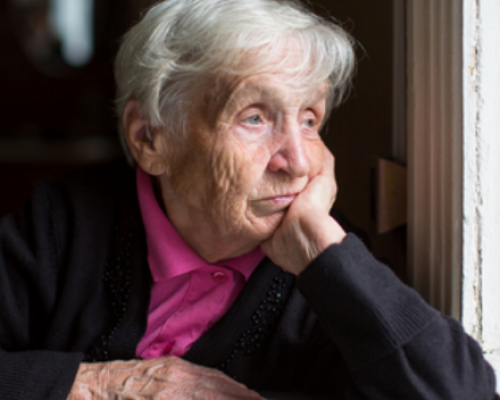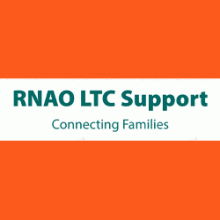
Long-term care reports and more
Long-Term Care COVID-19 Commission report receives thumbs up from RNAO; Will government act?
The Ontario government owes an apology to the families of the 3,758 LTC residents lost to COVID-19 and to the staff that valiantly cared for them under deplorable conditions – including 11 who lost their own lives in the line of duty.
Residents of LTC homes deserve the dignity of safe and quality care. The recommendations released by the Long-Term Care COVID-19 Commission provide pointed directions for the government to meet its obligations. Nurses call on the government to enshrine in legislation and immediately implement the urgent staffing and skill mix recommendations; Infection Prevention and Control imperatives, and the needs of residents and their essential care partners.
Ontario’s Long-Term Care Homes: IPAC Human Resources Survey Report
On Wednesday Nov. 25, 2020 at 3:00 p.m., RNAO issued an online survey to directors of care (DOC) and assistant directors of care (ADOC) in all 626 LTC homes in Ontario to obtain information about IPAC to accurately inform the IPAC needs in LTC. In conducting this survey, RNAO’s goal is twofold: to ensure LTC homes and their staff can deliver the care residents need and deserve during and after this difficult pandemic; and to prevent further devastating outcomes for residents and staff in Ontario’s LTC homes.
The survey results show concerning information related to: the amount of time and resources devoted to IPAC in LTC homes; role clarity for the IPAC staff; level of preparation of the IPAC staff, including resources within and external to LTC homes; and the lack of standards related to IPAC programs and resources. Overall, IPAC in LTC homes is not given the profile and resources it must have for ensuring safe IPAC practices.
READ OUR REPORT MEDIA RELEASE
A message for Canada’s First Ministers: RNAO says national standards in long-term care urgently needed
We applaud the federal government for committing, in its September Speech from the Throne, to establish national standards for long-term care (LTC). There is no time to lose. As we face a resurgence of COVID-19 across Canada, RNAO calls upon the federal government to act now on its commitment. National standards for LTC are long overdue and seniors are paying with their lives.
READ OUR LETTER SIGN OUR ACTION ALERT
Reuniting family with their loved ones in long-term care homes during COVID-19
RNAO actively calls on the Ontario government to reunite residents in long-term care (LTC) homes with their loved ones. This statement reflects the urgent need for action in all LTC homes, including those in COVID-19 outbreak. This call is guided by the need of residents and their loved ones to access the foundational person- and family-centred care that is vital to their quality of life.
Family caregivers augment the care provided by staff, and in fact assist with up to 30 per cent of this care. We believe they must be seen as “essential visitors” as defined by the current health ministry directive, and recommend they are identified as Essential Family Care Partners (EFCP). Without the restrictions placed by COVID-19 directives, EFCPs are welcomed by the LTC home staff -- considered integral to the care team -- and contribute to person- and family-centred care.
READ OUR FIVE-STEP PLAN MEDIA RELEASE
Nursing Home Basic Care Guarantee
RNAO calls for a new era in LTC by guaranteeing the basic care needed, shoring up staffing levels for regulated and personal support staff, and adjusting the staff mix, so residents in nursing homes can count on consistent, safe and quality care.
The Nursing Home Basic Care Guarantee is for a staffing formula that provides no less than four hours of direct nursing and personal care per resident, per day. The formula also calls to ensure the proper skill mix by allocating a minimum of 0.8 hours (48 minutes) of RN care per resident, per day, 1.0 hours (60 minutes) of RPN care, and 2.2 hours of PSW care (132 minutes). Such an allocation would provide each resident with safe care and quality of life.
Visit our official Nursing Home Basic Care Guarantee webpage, and sign our Action Alert.
READ OUR RECOMMENDATIONS MEDIA RELEASE
Long-Term Care Systemic Failings: Two Decades of Staffing and Funding Recommendations
RNAO identified 35 reports available online related to staffing and funding models in long-term
care, from 1999 to 2020. This list is not exhaustive, however reflects the consistent demand for
attention to staffing numbers, staff mix and professional practice along with funding support to
ensure safe, competent, evidence-based person-centred care.
Letter to the Ontario government
On Feb. 3, 2021, RNAO sent a letter to the premier and minister of long-term care regarding concerns about the Jan. 8, 2021 directives, including "third party oversight" and rapid antigen testing.


